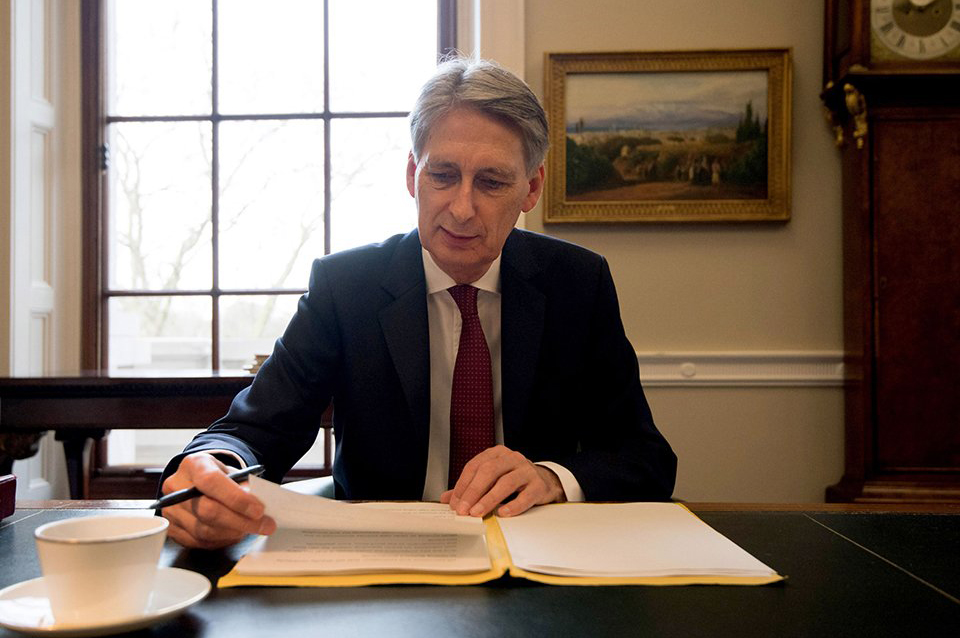To-date, the budget for support schemes, such as Contracts for Difference (CfDs) has been set by a larger budget called the Levy Control Framework. This budget caps the effects of low-carbon spending on consumers' bills.
It also supported funding for the old Renewables Obligation Certificates system and the Feed-In Tariff for small-scale renewables.
In March, the Chancellor of the Exchequer, Philip Hammond, announced the LCF would be scrapped, after it came under heavy criticism as spending often exceeded the budget. Hammond, then, said a new set of controls would be announced at a later date.
In today's (22 November) , the UK's treasury department said: "The government will continue to support low carbon electricity as it becomes more cost-competitive, including through up to £557 million (€628 million) for further Contracts for Difference.
"The government is also committed to keeping energy costs as low as possible.
"Therefore, in order to protect consumers, the government will not introduce new low carbon electricity levies until the burden of such costs are falling.
"On the basis of the current forecast, this means there will be no new low carbon electricity levies until 2025. All existing commitments will be respected."
The remaining £557 million budget — taken from by the UK government in November 2015 in September — is due to be allocated by 2020 with the next CfD auction .
Therefore, in the next decade, there is currently no set budget to support UK deployment of low-carbon generation, including nuclear, in the UK potentially until 2025, according to government estimates.
However, in a , the Treasury explained: "New low carbon levies may be considered if the aggregate of existing levies is forecast to have a sustained and significant fall in real terms.
"New levies may still be considered where they have a net reduction effect on bills and are consistent with the government's energy strategy," it added.
This leaves opens the possibility for guaranteed pricing for projects, but only if they do not cost the government or consumers any extra — effectively the much lauded so-called "subsidy-free CfD".
Reaction
Commenting on the budget, the Renewable Energy Association's head of policy and external affairs, James Court, said:
"The UK government seems to be turning its back on renewables by announcing no new support for projects post 2020... The Chancellor talked about embracing the future in his speech, yet hid away the details that he was blocking all renewables to market.
"Onshore wind and solar are already cheaper than new-build gas, and we have seen huge cost reductions happening in offshore wind, energy from waste, and biomass. These are the technologies of the future and the Government should be backing them, not blocking their progress."
Fellow UK trade body RenewableUK echoed the REA. Chief executive Hugh McNeal said: "The renewable energy industry has a little more certainty than it did this morning. The existing budget of £557 million remains intact, and there is a commitment to maintain the Carbon Price Floor at current levels until coal comes off the system.
"The removal of an annual cap on the Levy Control Framework reduces the risk of a boom and bust cycle.
"While this is welcome, what is missing is the ambition to take full advantage of the UK's global-leading renewables industry at such a crucial time for our country.
"Onshore and offshore wind are the cheapest options for new power in the UK and support thousands of jobs across the country, while our marine renewables and floating offshore wind sectors offer new industrial opportunities for the UK to be a global leader."

.png)



.png)









